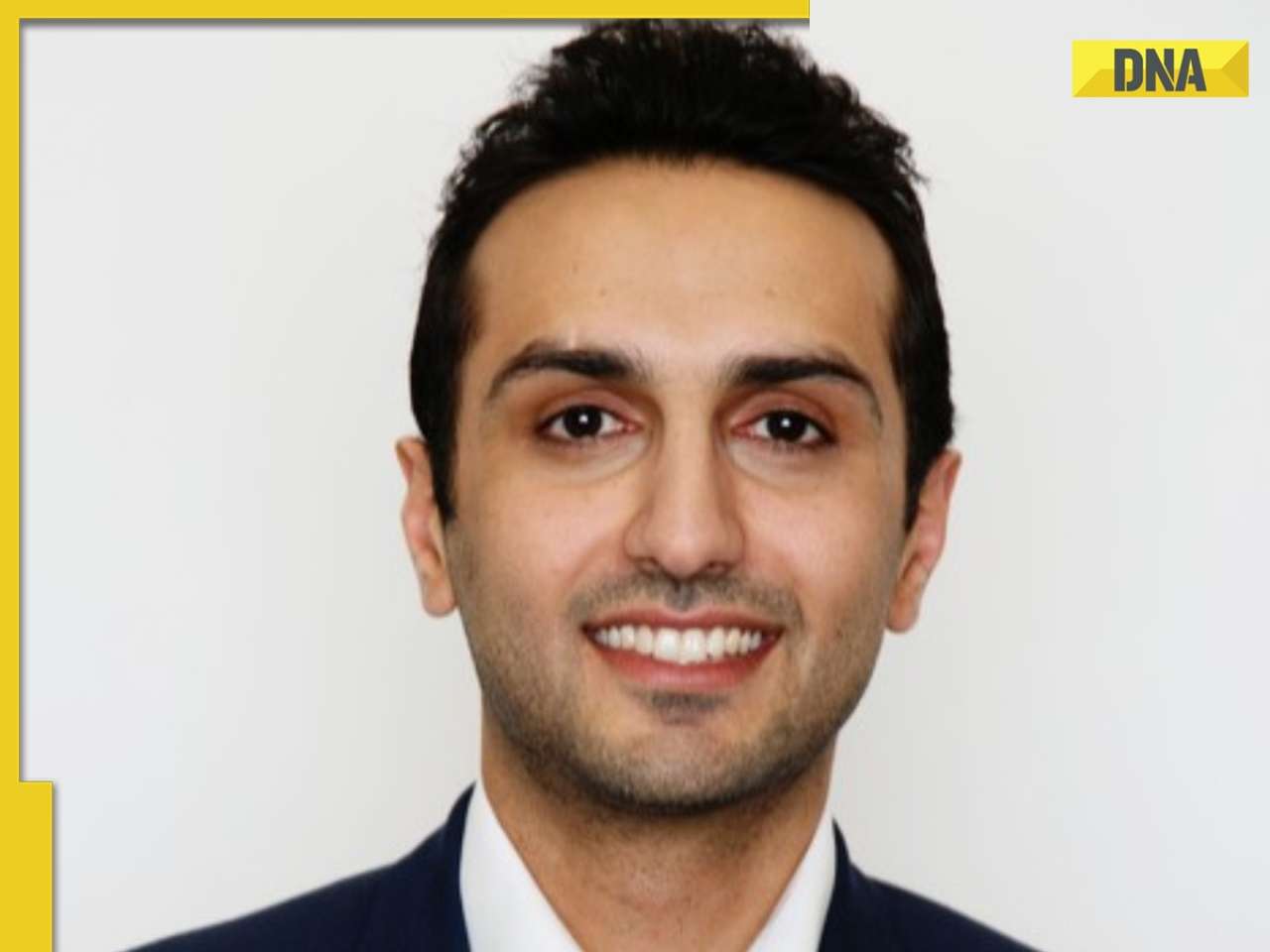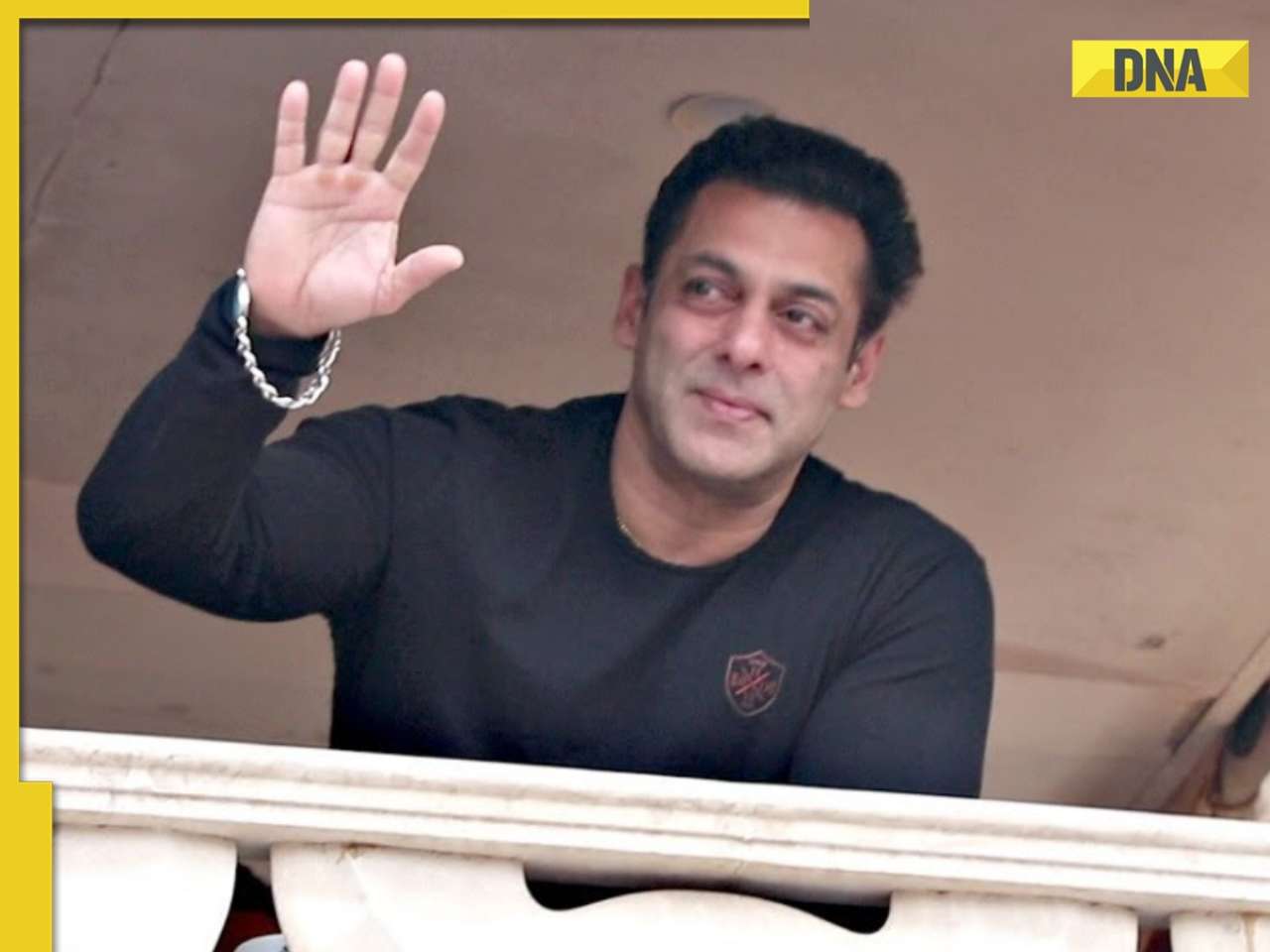The biggest nurses union in the United States, Nurses United, is up in arms. It has warned authorities that it will picket hospitals if nurses are not given the right and proper training to take care of Ebola patients. But nurses in India seem to be unperturbed. They say there is no clear and present danger: Ebola is in Africa and America!
But the government has woken up. This, after the WHO warned that by December-end Liberia, Guinea and Sierra Leone will have 10,000 new cases of Ebola per week. Death toll has crossed the 4,500 mark in these countries. One man died last week in a Texas hospital. Two nurses who gave care to him also caught the virus. On Friday, Nurses United said: "There are no protocols."
What about India? On Thursday, cabinet secretary Ajit Seth spoke with chief secretaries of all states to review preparedness. The government will set up 10 new laboratories in various parts of the country to conduct tests for Ebola. Aggressive screening for Ebola will be done at international airports and ports. A tracking system under the Integrated Disease Surveillance Programme (IDSP) will aggressively pursue "contacts". Provision of personal protection equipment (PPE) is top priority.
"We have stocks of PPE from H1N1 days. But H1N1 was airborne. Ebola spreads by contact. PPE stocks from then have to be solidified," Dr Ranjit Guleria of AIIMS told dna. "Doctors and healthcare workers need to be trained on how to put them on, and how to take them off. There is a protocol."
Healthcare workers are most at risk. So far 200 healthcare workers have died of Ebola in west Africa. But nurses in India are not showing any urgency. An office-bearer of the Trained Nurses Association of India told dna that TNAI was "preparing" a paper on how to deal with the scourge, which will be published in its journal. She refused to give her name.
Usha Krishna Kumar, president of the Delhi-based Nurses Welfare Association, said the government was addressing the issue. "So far, we are fortunate that no cases of Ebola have landed in India. We can only wait and watch. I don't know what kind of training will be given. But I believe answers to all questions will be found," Kumar told dna.
Dr Guleria said aggressive surveillance at airports and ports; aggressive isolation of cases of Ebola; special training to doctors and healthcare workers, and fully-equipped facilities to quarantine, test and treat Ebola-infected patients are the four important needs of the hour.
"You got to ask questions. Do you have fever? Have you travelled to and from countries in west Africa?" Dr Guleria told dna. "Ebola takes 20-22 days to incubate. The virus manifests itself only after that. Doctors have to ask the right questions, and learn to read the signs," Dr Guleria said.
So, is India prepared? Guleria said no country can be "totally prepared" to tackle Ebola. If Ebola sneaks into India and spreads, it will result in panic. Emergency laws will probably kick in, and that will impact human rights.
"The enemy here is a virus: Ebola. It's not a person, it's not a country, it's not a place, it's not a hospital. It's a virus. It's a virus that's tough to fight. But together, I'm confident that we will stop it. What we need to do is all take responsibility for improving the safety of those on the front lines" — Tom Frieden, director, Center for Disease Control and Prevention, United States
WHO promises thorough self-appraisal
Geneva: The World Health Organisation promised on Saturday that it would publish a full review of its handling of the Ebola crisis once the outbreak was under control, in response to a leaked document that appeared to acknowledge the WHO had failed to do enough. The WHO said in a statement that it would not comment on the internal document cited in an Associated Press story on Friday The document, a first draft that had not been fact-checked, was "part of an on-going analysis of our response", it said. "We cannot divert our limited resources from the urgent response to do a detailed analysis of the past response. That review will come, but only after this outbreak is over," the organisation said.
![submenu-img]() MBOSE 12th Result 2024: HSSLC Meghalaya Board 12th result declared, direct link here
MBOSE 12th Result 2024: HSSLC Meghalaya Board 12th result declared, direct link here![submenu-img]() Apple iPhone 14 at ‘lowest price ever’ in Flipkart sale, available at just Rs 10499 after Rs 48500 discount
Apple iPhone 14 at ‘lowest price ever’ in Flipkart sale, available at just Rs 10499 after Rs 48500 discount![submenu-img]() Meet man who left high-paying job, built Rs 2000 crore business, moved to village due to…
Meet man who left high-paying job, built Rs 2000 crore business, moved to village due to…![submenu-img]() Meet star, who grew up poor, identity was kept hidden from public, thought about suicide; later became richest...
Meet star, who grew up poor, identity was kept hidden from public, thought about suicide; later became richest...![submenu-img]() Watch: Ranbir Kapoor recalls 'disturbing' memory from his childhood in throwback viral video, says 'I was four years...'
Watch: Ranbir Kapoor recalls 'disturbing' memory from his childhood in throwback viral video, says 'I was four years...'![submenu-img]() DNA Verified: Is CAA an anti-Muslim law? Centre terms news report as 'misleading'
DNA Verified: Is CAA an anti-Muslim law? Centre terms news report as 'misleading'![submenu-img]() DNA Verified: Lok Sabha Elections 2024 to be held on April 19? Know truth behind viral message
DNA Verified: Lok Sabha Elections 2024 to be held on April 19? Know truth behind viral message![submenu-img]() DNA Verified: Modi govt giving students free laptops under 'One Student One Laptop' scheme? Know truth here
DNA Verified: Modi govt giving students free laptops under 'One Student One Laptop' scheme? Know truth here![submenu-img]() DNA Verified: Shah Rukh Khan denies reports of his role in release of India's naval officers from Qatar
DNA Verified: Shah Rukh Khan denies reports of his role in release of India's naval officers from Qatar![submenu-img]() DNA Verified: Is govt providing Rs 1.6 lakh benefit to girls under PM Ladli Laxmi Yojana? Know truth
DNA Verified: Is govt providing Rs 1.6 lakh benefit to girls under PM Ladli Laxmi Yojana? Know truth![submenu-img]() Alia Bhatt wears elegant saree made by 163 people over 1965 hours to Met Gala 2024, fans call her ‘princess Jasmine’
Alia Bhatt wears elegant saree made by 163 people over 1965 hours to Met Gala 2024, fans call her ‘princess Jasmine’![submenu-img]() Jr NTR-Lakshmi Pranathi's 13th wedding anniversary: Here's how strangers became soulmates
Jr NTR-Lakshmi Pranathi's 13th wedding anniversary: Here's how strangers became soulmates![submenu-img]() Streaming This Week: Heeramandi, Shaitaan, Manjummel Boys, latest OTT releases to binge-watch
Streaming This Week: Heeramandi, Shaitaan, Manjummel Boys, latest OTT releases to binge-watch![submenu-img]() Remember Ayesha Kapur? Michelle from Black, here's how actress, nutrition coach, entrepreneur looks after 19 years
Remember Ayesha Kapur? Michelle from Black, here's how actress, nutrition coach, entrepreneur looks after 19 years![submenu-img]() Remember Heyy Babyy's cute 'Angel' Juanna Sanghvi? 20 year-old looks unrecognisable now, fans say 'her comeback will...'
Remember Heyy Babyy's cute 'Angel' Juanna Sanghvi? 20 year-old looks unrecognisable now, fans say 'her comeback will...'![submenu-img]() Haryana Political Crisis: Will 3 independent MLAs support withdrawal impact the present Nayab Saini led-BJP government?
Haryana Political Crisis: Will 3 independent MLAs support withdrawal impact the present Nayab Saini led-BJP government?![submenu-img]() DNA Explainer: Why Harvey Weinstein's rape conviction was overturned, will beleaguered Hollywood mogul get out of jail?
DNA Explainer: Why Harvey Weinstein's rape conviction was overturned, will beleaguered Hollywood mogul get out of jail?![submenu-img]() What is inheritance tax?
What is inheritance tax?![submenu-img]() DNA Explainer: What is cloud seeding which is blamed for wreaking havoc in Dubai?
DNA Explainer: What is cloud seeding which is blamed for wreaking havoc in Dubai?![submenu-img]() DNA Explainer: What is Israel's Arrow-3 defence system used to intercept Iran's missile attack?
DNA Explainer: What is Israel's Arrow-3 defence system used to intercept Iran's missile attack?![submenu-img]() Meet star, who grew up poor, identity was kept hidden from public, thought about suicide; later became richest...
Meet star, who grew up poor, identity was kept hidden from public, thought about suicide; later became richest...![submenu-img]() Watch: Ranbir Kapoor recalls 'disturbing' memory from his childhood in throwback viral video, says 'I was four years...'
Watch: Ranbir Kapoor recalls 'disturbing' memory from his childhood in throwback viral video, says 'I was four years...'![submenu-img]() This superstar was in love with Muslim actress, was about to marry her, relationship ruined after death threats from..
This superstar was in love with Muslim actress, was about to marry her, relationship ruined after death threats from..![submenu-img]() Meet Madhuri Dixit’s lookalike, who worked with Akshay Kumar, Govinda, quit films at peak of career, is married to…
Meet Madhuri Dixit’s lookalike, who worked with Akshay Kumar, Govinda, quit films at peak of career, is married to… ![submenu-img]() Meet former beauty queen who competed with Aishwarya, made debut with a superstar, quit acting to become monk, is now..
Meet former beauty queen who competed with Aishwarya, made debut with a superstar, quit acting to become monk, is now..![submenu-img]() IPL 2024: Jake Fraser-McGurk, Abishek Porel power DC to 20-run win over RR
IPL 2024: Jake Fraser-McGurk, Abishek Porel power DC to 20-run win over RR![submenu-img]() SRH vs LSG, IPL 2024: Predicted playing XI, live streaming details, weather and pitch report
SRH vs LSG, IPL 2024: Predicted playing XI, live streaming details, weather and pitch report![submenu-img]() IPL 2024: Here’s why CSK star MS Dhoni batted at No.9 against PBKS
IPL 2024: Here’s why CSK star MS Dhoni batted at No.9 against PBKS![submenu-img]() SRH vs LSG IPL 2024 Dream11 prediction: Fantasy cricket tips for Sunrisers Hyderabad vs Lucknow Super Giants
SRH vs LSG IPL 2024 Dream11 prediction: Fantasy cricket tips for Sunrisers Hyderabad vs Lucknow Super Giants![submenu-img]() Watch: Kuldeep Yadav, Yuzvendra Chahal team up for hilarious RR meme, video goes viral
Watch: Kuldeep Yadav, Yuzvendra Chahal team up for hilarious RR meme, video goes viral![submenu-img]() Not Alia Bhatt or Isha Ambani but this Indian CEO made heads turn at Met Gala 2024, she is from...
Not Alia Bhatt or Isha Ambani but this Indian CEO made heads turn at Met Gala 2024, she is from...![submenu-img]() Man makes Lord Hanuman co-litigant in plea, Delhi High Court asks him to pay Rs 100000…
Man makes Lord Hanuman co-litigant in plea, Delhi High Court asks him to pay Rs 100000…![submenu-img]() Four big dangerous asteroids coming toward Earth, but the good news is…
Four big dangerous asteroids coming toward Earth, but the good news is…![submenu-img]() Isha Ambani's Met Gala 2024 saree gown was created in over 10,000 hours, see pics
Isha Ambani's Met Gala 2024 saree gown was created in over 10,000 hours, see pics![submenu-img]() Indian-origin man says Apple CEO Tim Cook pushed him...
Indian-origin man says Apple CEO Tim Cook pushed him...







































)









)
)
)
)
)
)